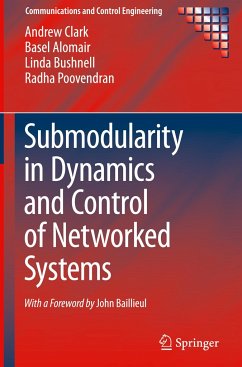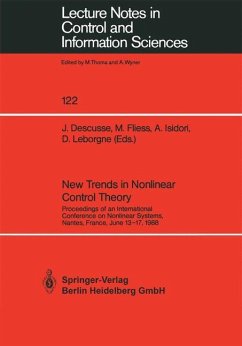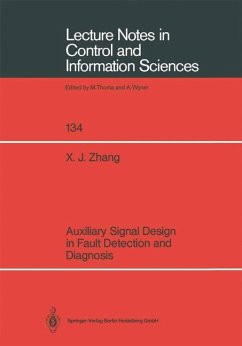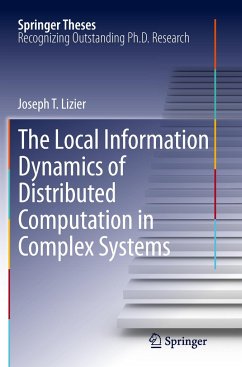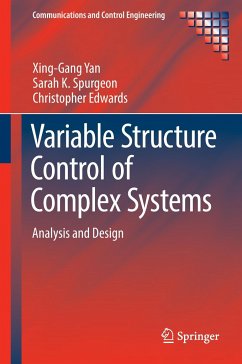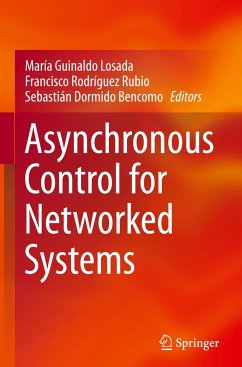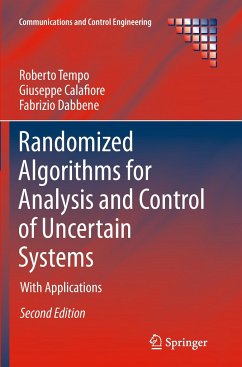
Pinning Control of Complex Networked Systems
Synchronization, Consensus and Flocking of Networked Systems via Pinning
Versandkostenfrei!
Versandfertig in 6-10 Tagen
76,99 €
inkl. MwSt.
Weitere Ausgaben:

PAYBACK Punkte
38 °P sammeln!
Synchronization, consensus and flocking are ubiquitous requirements in networked systems. Pinning Control of Complex Networked Systems investigates these requirements by using the pinning control strategy, which aims to control the whole dynamical network with huge numbers of nodes by imposing controllers for only a fraction of the nodes. As the direct control of every node in a dynamical network with huge numbers of nodes might be impossible or unnecessary, it's then very important to use the pinning control strategy for the synchronization of complex dynamical networks. The research on pinni...
Synchronization, consensus and flocking are ubiquitous requirements in networked systems. Pinning Control of Complex Networked Systems investigates these requirements by using the pinning control strategy, which aims to control the whole dynamical network with huge numbers of nodes by imposing controllers for only a fraction of the nodes. As the direct control of every node in a dynamical network with huge numbers of nodes might be impossible or unnecessary, it's then very important to use the pinning control strategy for the synchronization of complex dynamical networks. The research on pinning control strategy in consensus and flocking of multi-agent systems can not only help us to better understand the mechanisms of natural collective phenomena, but also benefit applications in mobile sensor/robot networks. This book offers a valuable resource for researchers and engineers working in the fields of control theory and control engineering.
Housheng Su is an AssociateProfessor at the Department of Control Science and Engineering, Huazhong University of Science and Technology, China; Xiaofan Wang is a Professor at the Department of Automation, Shanghai Jiao Tong University, China.
Housheng Su is an AssociateProfessor at the Department of Control Science and Engineering, Huazhong University of Science and Technology, China; Xiaofan Wang is a Professor at the Department of Automation, Shanghai Jiao Tong University, China.




